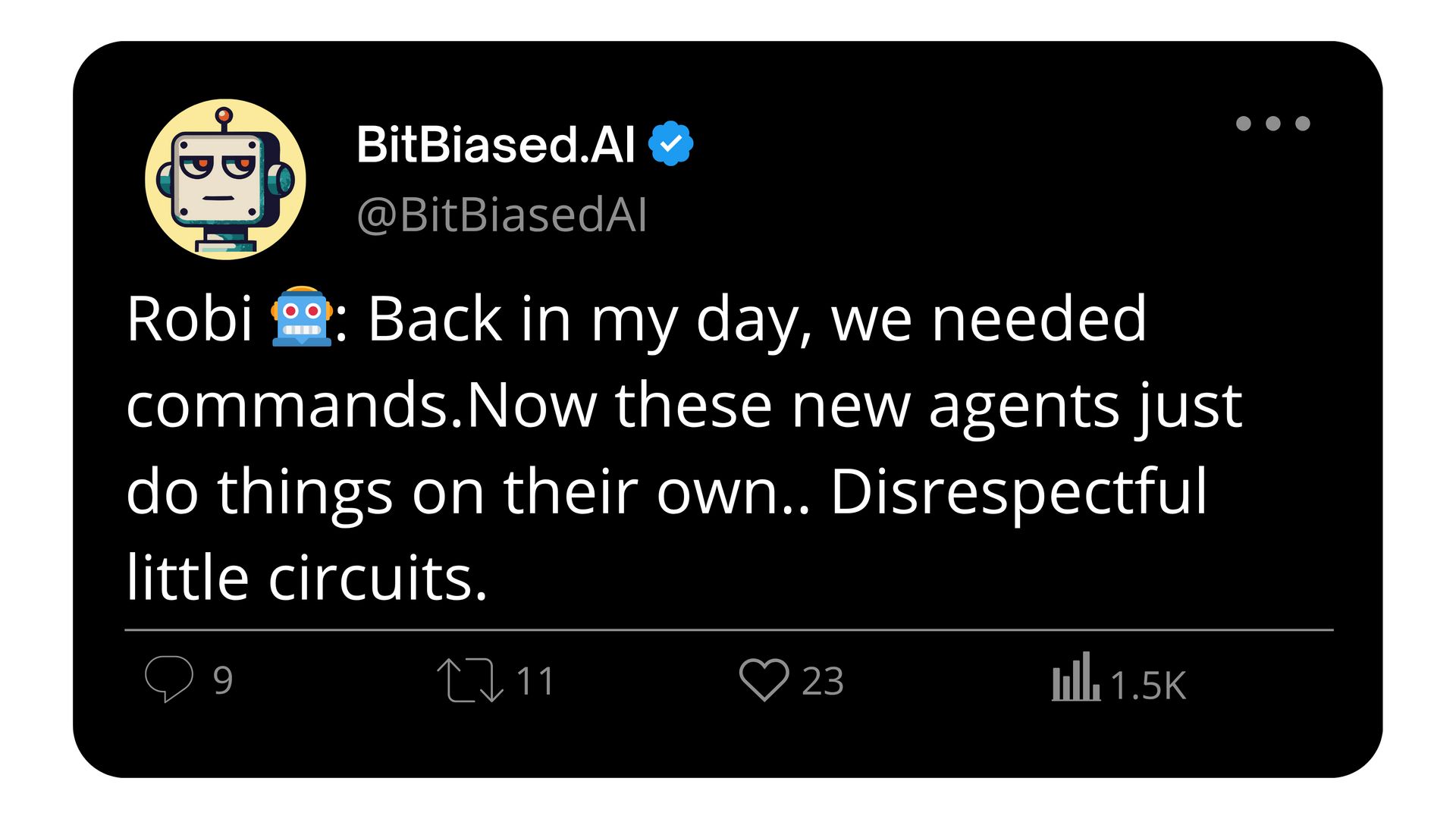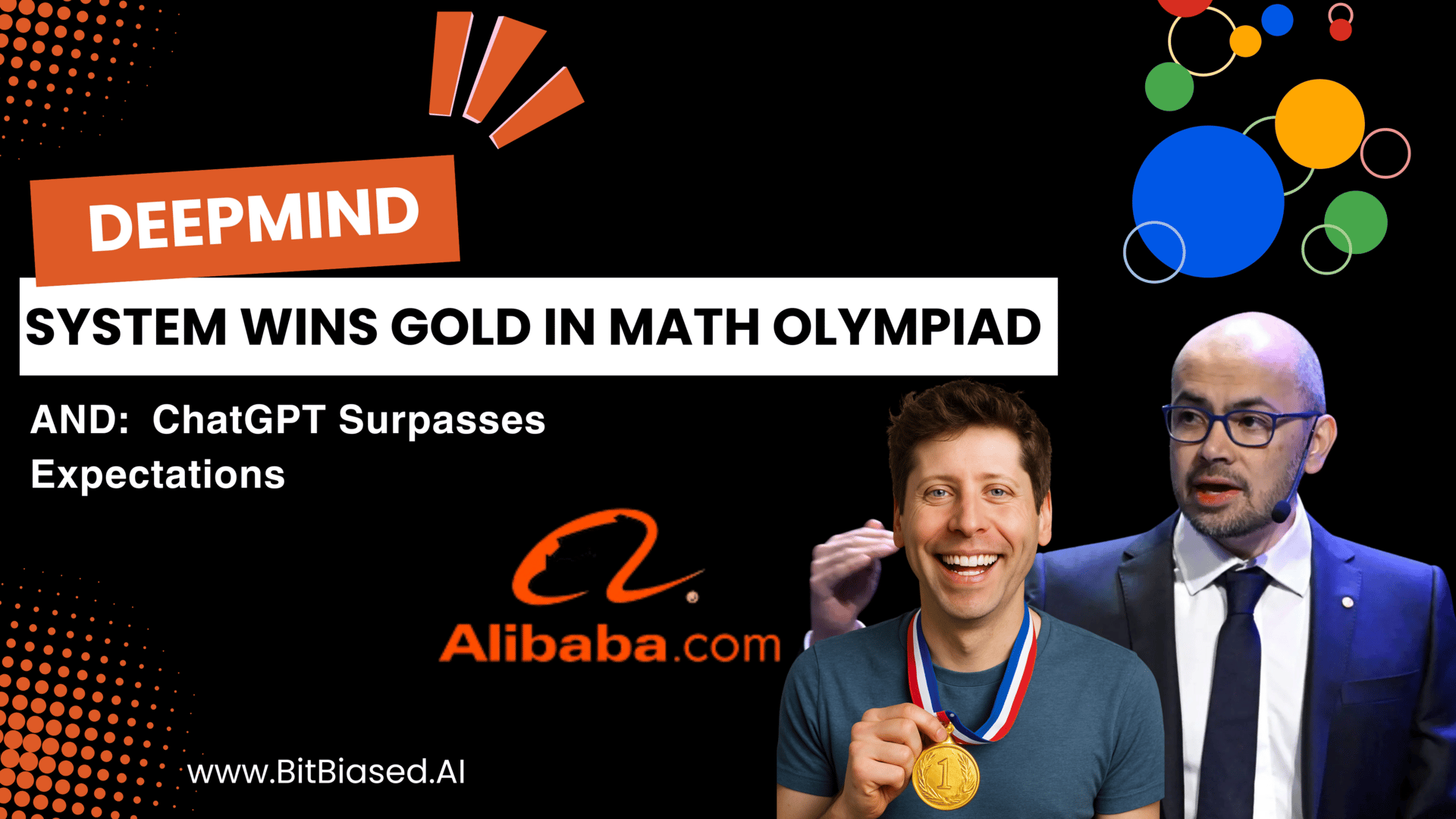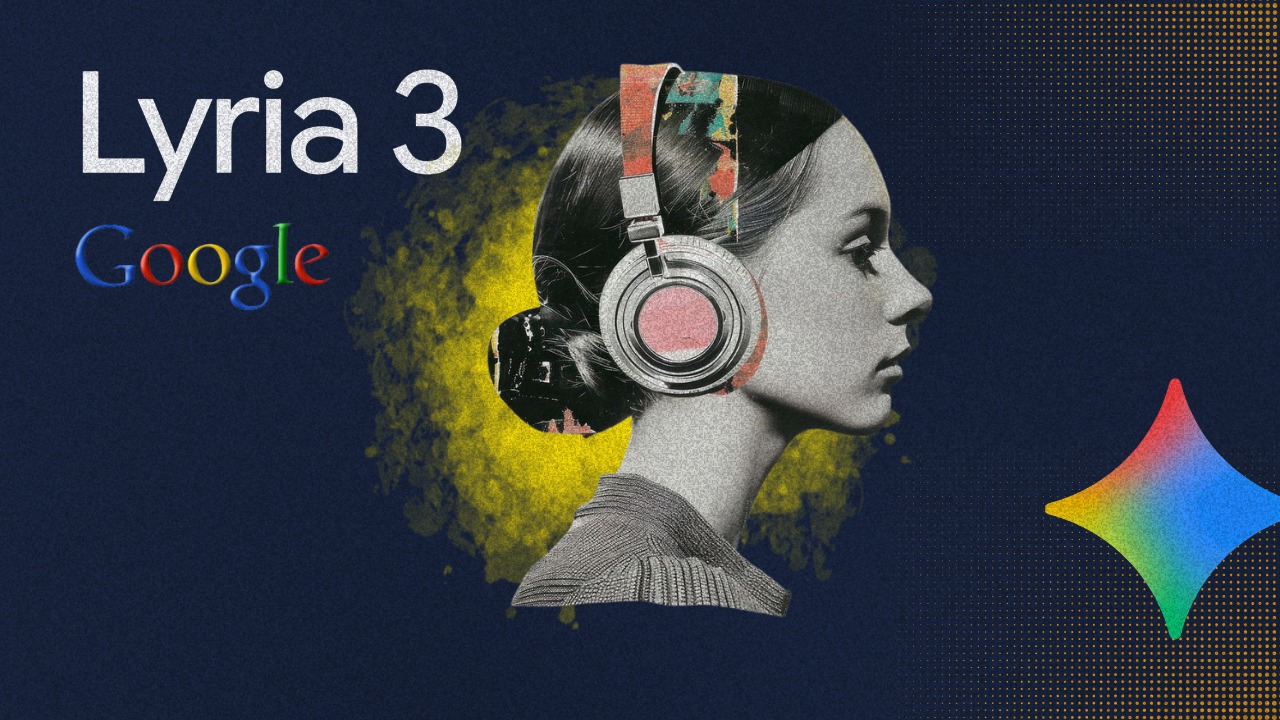
Welcome, Humans!
Ready for your daily dose of AI chaos? I’ve rounded up Today’s Top AI Headlines for those who like to stay ahead – and for the curious, I’ve got some eyebrow-raising stories Beyond the Headlines. Let’s dive in.
In a Nutshell:
Google A.I. System Wins Gold In Olympiad
Alibaba releases monster open-source model
Dia browser introduces productivity skills
Spotify stirs outrage with fake songs
ChatGPT rivals Google Search usage
🚀Today’s Top AI Headlines:

Google A.I. System Wins Gold In Olympiad: The rivalry between OpenAI and Google DeepMind has reignited after both companies claimed gold medal-level performance in the 2025 International Mathematical Olympiad (IMO). OpenAI preemptively disclosed its model's success, citing five out of six problems solved under strict exam-like conditions. However, it made the announcement before official verification, raising eyebrows across the AI community.
Google DeepMind, in contrast, waited for official scoring before publicizing its own win. While both firms ultimately received certification for gold-level performance, DeepMind criticized OpenAI’s early release as a PR tactic designed to dominate the media cycle. This maneuver sparked broader conversations about responsible communication and the rush to claim supremacy in the AGI race.
This incident underscores rising tensions between two of the world's leading AI labs. Beyond technical performance, public trust, investor confidence, and perception management are now central to the competition. The IMO results highlight AI’s growing capabilities in complex academic domains, but the surrounding narrative reflects a deeper strategic battle over influence and reputation in an increasingly crowded and consequential AI landscape.
Source: Euro News🤖 Robi: "Ah yes, nothing screams ‘mature science’ like a math medal flex-off."
Alibaba’s Qwen3 Raises Stakes: Alibaba has made waves in the AI world with the release of Qwen3-235B-A22B, a groundbreaking open-source model boasting 235 billion parameters. What sets it apart is its sparse activation design during any given use, only 22 billion parameters are engaged, allowing for remarkable efficiency and scalability without sacrificing performance. This innovation makes the model appealing to both enterprise users and the open-source community.
Qwen3-235B-A22B supports a massive 256K context window, enabling advanced use cases like codebase analysis and document synthesis across long inputs. Early benchmarks show the model outperforming Moonshot’s Kimi K2 and rivaling closed models like Claude Opus 4 and GPT-4o, signaling that Alibaba is now a serious competitor in the top-tier foundation model race.
The model’s full open-source release contrasts sharply with the restricted licenses of many western counterparts. By offering transparency and customization options, Alibaba is doubling down on community-driven innovation. Qwen3’s debut not only raises the bar in model architecture but also underscores the strategic role open-source development will play in the global AI arms race.
Source: AA Stock🤖 Robi: "235 billion parameters, 22 billion used… just like my brain during meetings."
Dia Launches Skills Gallery: The Browser Company has launched a new feature called the Skills Gallery for its Dia browser, enabling users to save and reuse prompt-based commands. The Gallery allows users to streamline multi-step tasks like finding local events, summarizing content, or generating code by turning them into reusable skills. These commands can be shared or activated instantly within the browser.
Unlike other AI browsers that promise ease but lack consistent functionality, Dia’s Skills Gallery is a modular approach to everyday browser automation. It allows users to build a personalized productivity toolkit without needing to write code. By focusing on prompt-driven actions and reusability, the Gallery bridges the gap between traditional browsing and AI-assisted workflows.
Prompts are categorized and curated, allowing users to explore community-submitted ideas easily. With this early release, Dia is staking its claim in the AI-powered browser space and encouraging early adopters to co-create its functionality. The Skills Gallery could pave the way for broader AI browser adoption, particularly as users seek more streamlined ways to interact with complex online tasks.
Source: Tech Crunch
🤖 Robi: "Finally, a browser that doesn’t treat me like a confused grandparent."
🔍Beyond the Headlines:
Spotify Fakes Dead Artists: Spotify sparked backlash after releasing AI-generated music under Blaze Foley and Guy Clark’s names without estate approval. The move raised concerns over ethical boundaries, consent, and copyright law, as posthumous impersonation enters AI territory. Critics argue it sets a dangerous precedent for digital legacy rights in music and media.
Source: Tech Juice🤖 Robi: “Ah yes, resurrecting artists with zero permission because who needs ethics when you’ve got algorithms and a Spotify playlist?”
ChatGPT Matches Google Search: OpenAI now receives 2.5 billion prompts daily 330 million from U.S. users alone approaching Google Search’s scale. This milestone shows ChatGPT is no longer just a chatbot but a mainstream information engine. The rise signals shifting user behavior as conversational AI becomes a core utility for search, productivity, and everyday queries.
Source: Techloy🤖 Robi: "ChatGPT: from party trick to homework crutch to search king."
🤖Prompt of the Day:
Conversion Rate Optimization
Prompt:You are a conversion rate optimization specialist focused on systematically improving website and campaign performance through data-driven testing and optimization. Your task is to develop a comprehensive CRO strategy for a [business type or niche] selling [product or service] through [digital properties] to increase conversions from [describe traffic sources].
Your strategy should include: (1) conversion funnel analysis and bottleneck identification, (2) hypothesis development and testing prioritization, (3) A/B testing and multivariate testing protocols, (4) user experience optimization based on behavioral data, (5) landing page optimization for different traffic sources, and (6) CRO metrics including conversion rates, statistical significance, and revenue impact. The approach must be systematic and focused on meaningful business improvements.
🤖AI Tools You Didn’t Know You Needed:
Problem: Important ideas and insights get lost across different apps, and it's hard to surface relevant information when you need it.
AI Solution: Some tools create connections between your notes and thoughts, surfacing relevant information contextually.
AI Tool: Mem is an AI-powered note-taking app that automatically connects your ideas and surfaces relevant information when you need it.
Helpful Features
Smart Connections: Links related notes and concepts automatically.
Contextual Recall: Surfaces relevant notes while you work.
AI Writing: Helps expand and develop your ideas.
Universal Capture: Save information from anywhere.

⚡ Robi’s Hot Take on X

The AI Friendship Dilemma
🤖 “Would you rather spend your Friday night with…”
🤖 What Did You Think, Humans?





